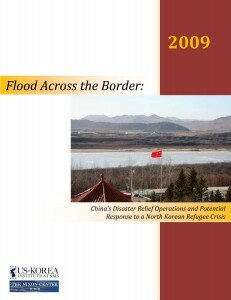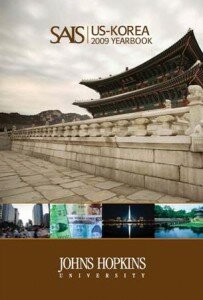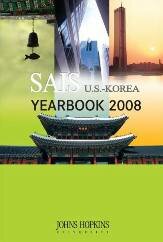 “Flood Across the Border: China’s Disaster Relief Operations and Potential Response to a North Korean Refugee Crisis,” by Drew Thompson and Carla Freeman, considers the planning, capacities and mechanisms for addressing natural disasters and domestic crises in the People’s Republic of China and the implications for Chinese management of a potential crisis involving a rapid and unexpected increase in the volume of North Korean refugees fleeing to Chinese territory. Its focus is on structures and organizations in Jilin Province and its subordinate Yanbian Korean Autonomous Prefecture.
“Flood Across the Border: China’s Disaster Relief Operations and Potential Response to a North Korean Refugee Crisis,” by Drew Thompson and Carla Freeman, considers the planning, capacities and mechanisms for addressing natural disasters and domestic crises in the People’s Republic of China and the implications for Chinese management of a potential crisis involving a rapid and unexpected increase in the volume of North Korean refugees fleeing to Chinese territory. Its focus is on structures and organizations in Jilin Province and its subordinate Yanbian Korean Autonomous Prefecture.
Executive Summary: Flood Across the Border (April 2009)
Download the Report: Flood Across the Border: China’s Disaster Relief Operations and Potential Response to a North Korean Refugee Crisis, (April 2009)
This report was co-funded through The Nixon Center, a leading foreign policy research institute founded by President Richard Nixon in 1994.
Drew Thompson is the Director of China Studies and Starr Senior Fellow at The Nixon Center in Washington, D.C. Prior to joining The Nixon Center, he was the National Director of the China-MSD HIV/AIDS Partnership in Beijing, a 5 year, $30 million HIV/AIDS program established by Merck & Co. and the Chinese Ministry of Health. Mr. Thompson served previously as Assistant Director to the Freeman Chair in China Studies at the Center for Strategic and International Studies (CSIS). He also was the President of a Washington, D.C. company that manufactured snack food in Qingdao, China. He lived in Shanghai from 1993 to 1998 where he was the General Manager of a U.S. freight forwarding and logistics firm, overseeing offices in Beijing, Shanghai, and Nanjing. Mr. Thompson was the founder and Chairman of the American Chamber of Commerce Transportation and Logistics Committee in Shanghai and has traveled extensively throughout China in both urban and rural areas.
Mr. Thompson studied Chinese language at Beijing University in 1990, and was a graduate student in 1992 at the Johns Hopkins University Center for Chinese and American Studies in Nanjing, China. He graduated cum laude with a B.A. in Asian Studies from Hobart College in 1992, and was elected to Phi Beta Kappa. In 2004, Mr. Thompson received an M.A. in Government, with a concentration in Homeland Security, from Johns Hopkins University.
Carla P. Freeman is the Associate Director of the China Studies Program at the Paul H. Nitze School of Advanced International Studies (SAIS) at Johns Hopkins University. Freeman has held various academic positions, including Chair of the program in global studies and international affairs at Alverno College in Milwaukee and Visiting Scholar at the University of Wisconsin-Milwaukee. She has also served as Program Officer for Civil Community with The Johnson Foundation and as a political risk analyst. Freeman holds a Ph.D. in China studies from SAIS.



 The third edition of the
The third edition of the 